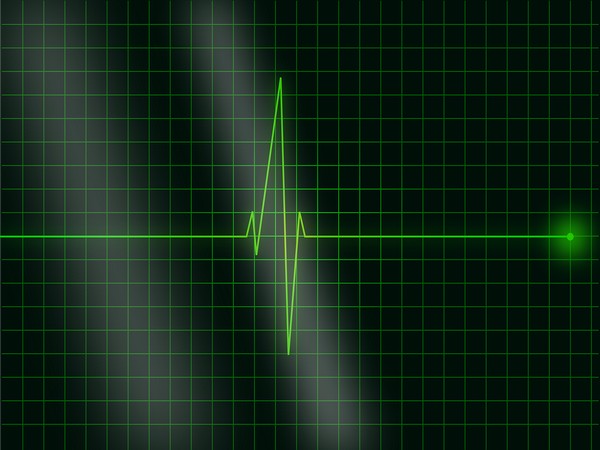
Study: Alcohol Triggers Heart Arrythmia
According to research at UC San Francisco, it was found out that while the common heart condition is triggered by caffeine, sleep deprivation and sleeping on the left side, alcohol is the only one that was associated with heart arrhythmia (improper beating of the heart, whether irregular, too fast or too slow).
The study has been published in the ‘JAMA Cardiology Journal’.
The authors concluded that people might be able to reduce their risk of atrial fibrillation (AF) by avoiding certain triggers.
Researchers were surprised to find that although most of the things that participants thought would be related to their AF were not, those in the intervention group still experienced less arrhythmia than the people in a comparison group that was not self-monitoring.
“This suggests that those personalized assessments revealed actionable results,” said lead author Gregory Marcus, MD, professor of medicine in the Division of Cardiology at UCSF.
“Although caffeine was the most commonly selected trigger for testing, we found no evidence of a near-term relationship between caffeine consumption and atrial fibrillation. In contrast, alcohol consumption most consistently exhibited heightened risks of atrial fibrillation,” he added.
Atrial fibrillation contributed to more than 150,000 deaths in the United States each year, reported the federal Centers for Disease Control and Prevention, with the death rate on the rise for more than 20 years.
To learn more about what patients felt was especially important to study about the disease, researchers held a brainstorming session in 2014. Patients said researching individual triggers for AF was their top priority, giving rise to the I-STOP-AFib study, which enabled individuals to test any presumed AF trigger. About 450 people participated, more than half of whom (58 per cent) were men, and the overwhelming majority of who were white (92 per cent).
Participants in the randomized clinical trial utilized a mobile electrocardiogram recording device along with a phone app to log potential triggers like drinking alcohol and caffeine, sleeping on the left side or not getting enough sleep, eating a large meal, a cold drink, or sticking to a particular diet, engaging in exercise, or anything else they thought was relevant to their AF.
Although participants were most likely to select caffeine as a trigger, there was no association with AF. Recent research from UCSF has similarly failed to demonstrate a relationship between caffeine and arrhythmias — on the contrary, investigators found it may have a protective effect.
The new study demonstrated that consumption of alcohol was the only trigger that consistently resulted in significantly more self-reported AF episodes.
The individualized testing method, known as n-of-1, did not validate participant-selected triggers for AF. But trial participants did report fewer AF episodes than those in the control group, and the data suggest that behaviours like avoiding alcohol could lessen the chances of having an AF episode.
“This completely remote, siteless, mobile-app based study will hopefully pave the way for many investigators and patients to conduct similar personalized “n-of-1″ experiments that can provide clinically relevant information specific to the individual,” said Marcus. (ANI)



